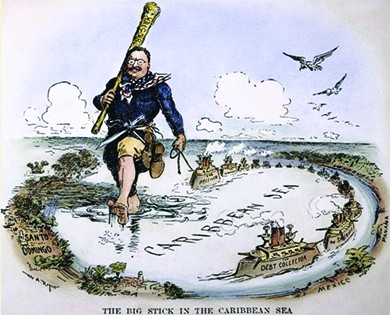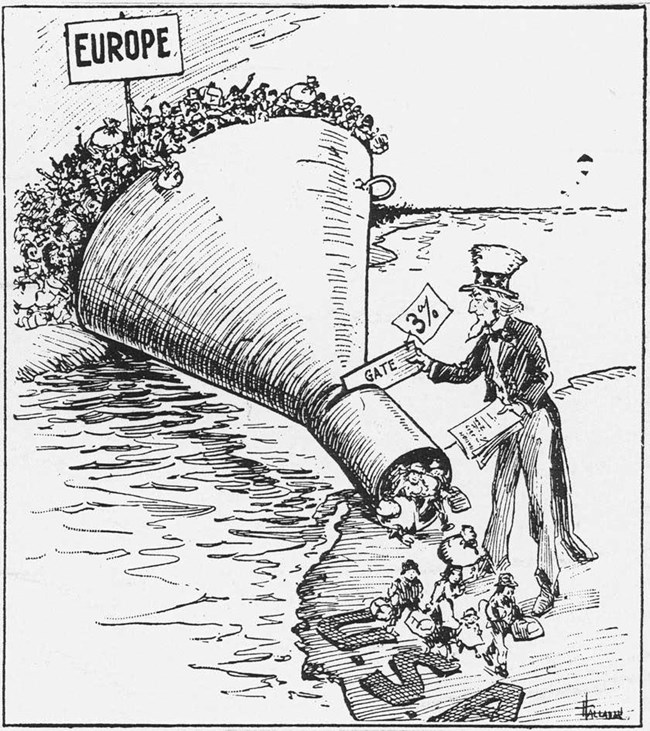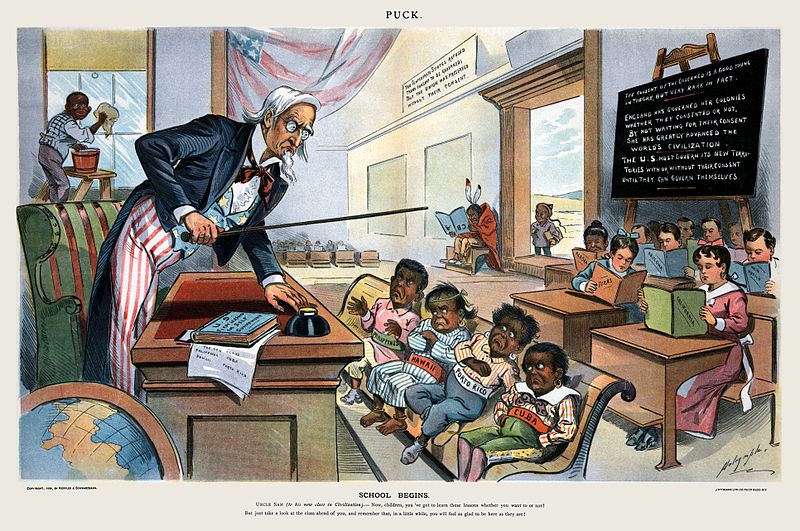Open Door Policy Definition World History

Doctrine established in the late nineteenth century and the early twentieth century as expressed in secretary of state john hay s open door note dated september 6 1899 and dispatched to the major european powers.
Open door policy definition world history. The open door policy was a proposal put forth by the united states in 1899 intended to ensure that all countries be allowed to trade freely with china. The open door policy is a term in foreign affairs initially used to refer to the policy established in the late 19th century and the early 20th century that would allow for a system of trade in china open to all countries equally. It was used mainly to mediate the competing interests of different colonial powers in china. The open door policy was circulated among great britain germany france italy japan and russia by u s.
Under the policy none of them would have exclusive trading rights in a. It was a cornerstone of american foreign policy in east asia for more than 40 years. Open door policy synonyms open door policy pronunciation open door policy translation english dictionary definition of open door policy. Open door policy statement of principles initiated by the united states in 1899 and 1900 for the protection of equal privileges among countries trading with china and in support of chinese territorial and administrative integrity.
Secretary of state john hay. The open door economic program was meant to encourage capitalist investment by domestic and foreign investors thereby invigorating egypt s sizable and inefficient public sector. Open door policy the policy of granting equal trade opportunities to all countries open door national trading policy trade policy a. An open door policy as related to the business and corporate fields is a communication policy in which a manager ceo md president or supervisor leaves their office door open in order to encourage openness and transparency with the employees of that company.
The policy proposed to keep china open to trade with all countries on an equal basis keeping any one power from total control. As the term implies employees are encouraged to stop by whenever they feel the need to meet and ask questions discuss suggestions. Thus no international power would have total control of the.


















